pmo for Project Managers
How does pmo365 help project managers?
At pmo365 we want to make sure you have the right tools, the right PPM maturity and right processes for your projects. We don’t believe in a one-size-fits-all process to project management and we adapt to your project needs. Some of the ways we adapt to your needs is by:

Integrating all your pre-existing data sources and systems
Integrating all your pre-existing data sources and systems, be it Excel, Word, Emails, Asana to Primavera, SAP, Tech1, TRIM, Oracle and many others so there is no complete overhaul of your current data and processes. Have a look at all the data connections we provide here.

Your single source of truth
Gathering all your project management processes from business case, project plan, design approvals, risk management, contract and procurement management to resource management on a single platform, giving you complete visibility and control over your project in real-time. You don’t have to chase people, or other data sources to manage your project.

Generating reports and dashboard
Easily calculating all key data and generating reports and dashboard that reduce time-consuming ad-hoc activities for the project managers. To generate your Project Status Report, you just need to press a button.

Easing approval processes
Easing communications from approval processes to general reporting with all stakeholders.
If you are asking, ‘I’m a project manager. Why would I need Project portfolio Management tools and how would they help me on a project level?’. Many project managers are often on the fence when it comes to adopting PPM tools. Some believe it's a system relegated to the senior strategic levels. Others think adopting it would be too time-consuming, resource-heavy and without many benefits on a project level.



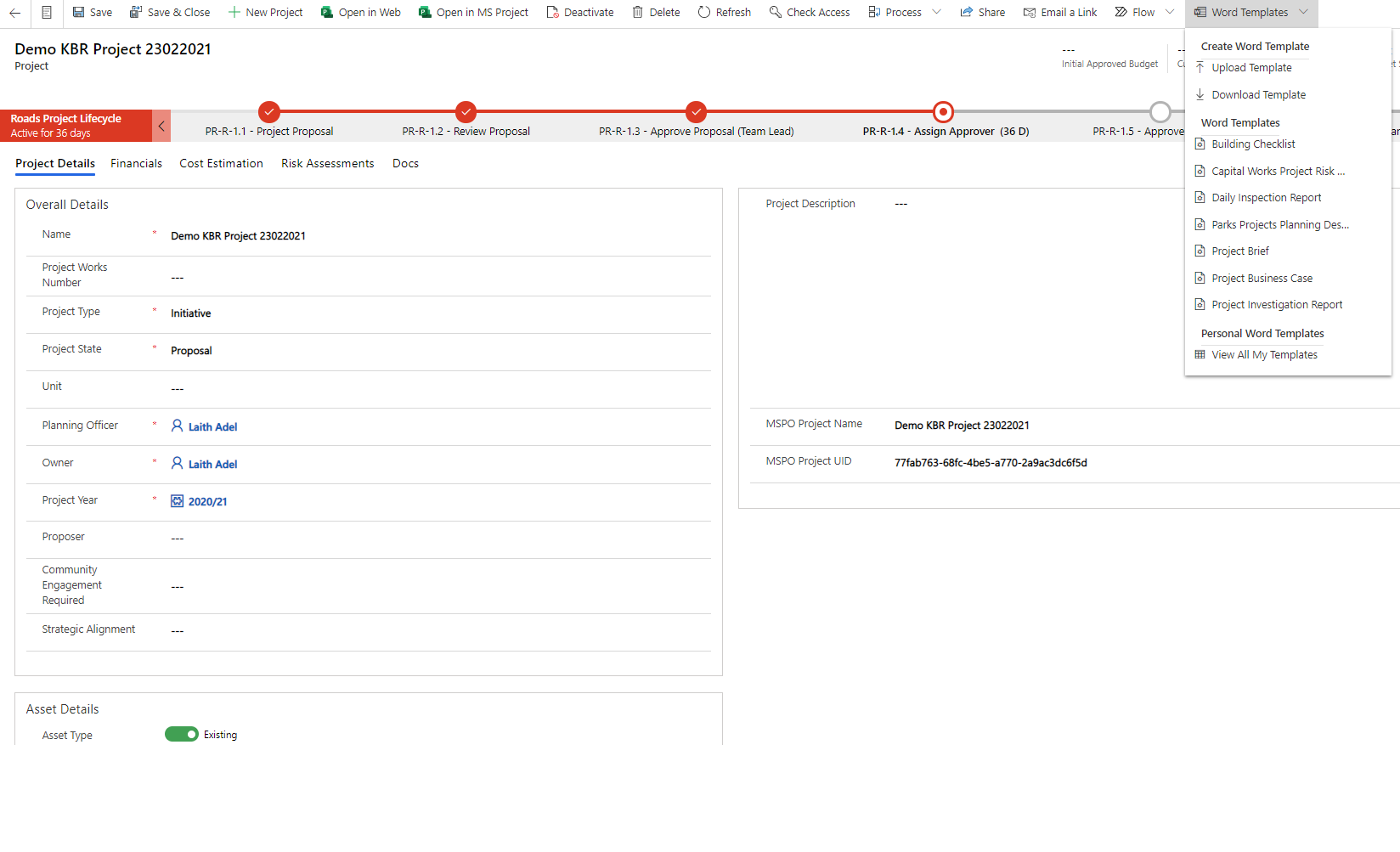
What do Project Managers do?
Project managers, well, manage projects. But their jobs come with a whole range of responsibilities that can easily become impractical, inefficient and unproductive without the right systems in place. Project managers are held responsible for the planning, organising, and management of projects for an organisation while making sure they are completed on time, on budget, and within scope.
Project Managers have to handle a wide range of processes ranging such as resource management, schedule management, risk management, cost management and scope management just to list a few. pmo365 assists project managers through all of these steps with a whole bunch of tools, training and support.
There is no one-size-fits-all approach to project management, but project managers often pull from tried-and-tested methodologies or frameworks that help them get the work done. Some of the most common project management methodologies used in the field range from Agile, Scrum, Waterfall, Lean, and many more. Whatever methodology your organisation operates with, pmo365 can adapt and optimise your project management activities to bring out the best from your teams.
As we mentioned before, there are many different ways a project manager can go about managing their projects. However, there are 5 common stages within most project life cycles and pmo365 supports you through all of them. These 5 stages include initiating, planning, executing, monitoring and controlling, and closing.


How pmo365 helps you throughout the Project Life Cycle
As we mentioned before, there are many different ways a project manager can go about managing their projects. However, there are 5 common stages within most project life cycles and pmo365 supports you through all of them. These 5 stages include initiating, planning, executing, monitoring and controlling, and closing.
Initiating stage
This the starting stage of your project and where justifications need to be made for the benefits, value and feasibility of the project that is being proposed. These activities often culminate in the formation of a business case for a project which is then sent for approval from key decision makers in the organisation.
pmo365 helps streamline this whole process by giving decision makers the visibility to align the benefits and value of the proposed projects to the organisation’s strategic objectives through our project pipeline management support. With our tools and processes, we help make sure project managers are proposing projects that will get genuine results for the organisation, help decision makers see the greater strategic value and minimise the resources wasted on planning for projects that might ultimately be rejected.
Planning stage
Once the project has been approved, it moves into the planning stage and expands upon the preliminary research and structures that were made during the initiation stage. At this stage, it is critical to have accurate data to make the right projections and estimations. This is where pmo365’s ability to integrate and gather all your tools (or replace them) in one single platform is particularly handy. Say goodbye to filtering through countless different excel sheets and calling up different staff members for statistics, to only have them inaccurate and late. You can have it all in one place, easily accessible and clearly visualised for your planning needs.
During this stage, a work breakdown structure (WBS) is often defined to lay out the work required to complete the project. A WBS will divide the project into different activities, milestones and deliverables that allows project managers to schedule and assign tasks in a strategic manner. We help you build the WBS from early stages of the project pipeline process to help make this process as smooth and easy as possible for project managers.
In pmo365, we integrate not only Microsoft Project the desktop or Project for the Web (PfTW), but we enable you to choose other scheduling tools (Microsoft or non-Microsoft) - like Planner, Asana, Primavera, SmartSheets, etc.
Executing stage
This is the stage where the majority of work happens. During this stage project managers are constantly rearranging resources, managing contracts, issues, risks, variations and communicating with stakeholders to make sure everyone’s needs are being satisfied.
Projects always come across unexpected challenges and circumstances. Project managers need to be agile to make sure issues don't escalate and affect the team’s ability to complete the project on-time, on-budget and in scope. That’s why pmo365’s ability to give you real-time visibility and control is crucial to project managers. We also go a step further - we help identify issues, prioritise risks and ease approval processes to make sure you can solve problems as quickly as possible.
Monitoring and Control stage
This stage occurs hand in hand with the execution stage of the project. It involves monitoring the progress and performance of the project and making sure it is running on schedule and on budget. This is often done through checking on project benchmarks and milestones through progress reports.
Every project manager would know that reporting, monitoring and controlling of a project can be time-consuming and sometimes impractical. If your systems and processes are not on one platform, it involves jumping into multiple spreadsheets and apps to gather all the statistics. Not only that, you then have to calculate, analyse the data and generate the report - only having to repeat the whole lengthy process the next week.
"pmo365 helps make your reporting as easy as possible by automatically generating all your ad-hoc reports, streamlining communications and approvals with key stakeholders and giving you easy control to make changes in response to progress reports."
Laith Adel
Technical Consultant at pmo365
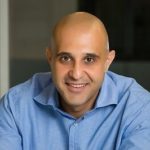
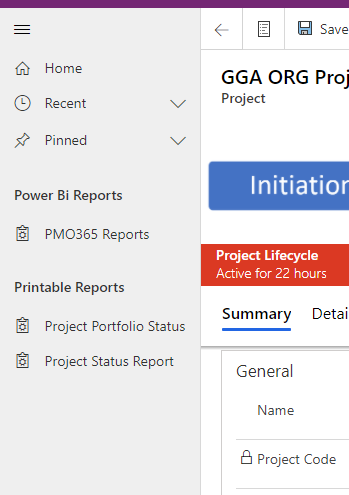
Closing stage
This is the final stage of the project where deliverables are wrapped up and presented to key stakeholders. Once the project has been approved and signed off, project managers often conduct a post-implementation to evaluate their experience and processes to gather the lessons learned and adapt them for the next project.
However, depending on the type of project, the closure stage can involve a handover to another team - often the operations team (or asset owners) or a benefits management team. In this case, the project manager’s job is to make sure the transition occurs smoothly. With pmo365, this process is completely fuss-free. We help integrate all your processes and data across the entire organisation, making sure none of the valuable information gathered during the project is lost.
Our partners
We've worked with


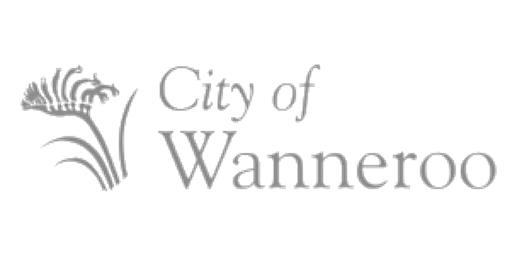

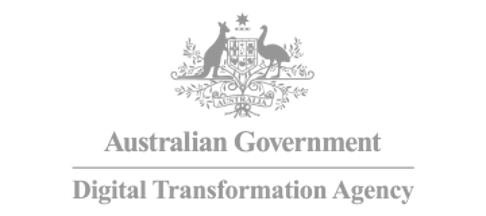


How Thriving PMOs Drive Value Delivery and Benefits Realisation


What does RAID stand for in project management


How Thriving PMOs Leverage Technology and Data Analytics for Better Decision-Making

